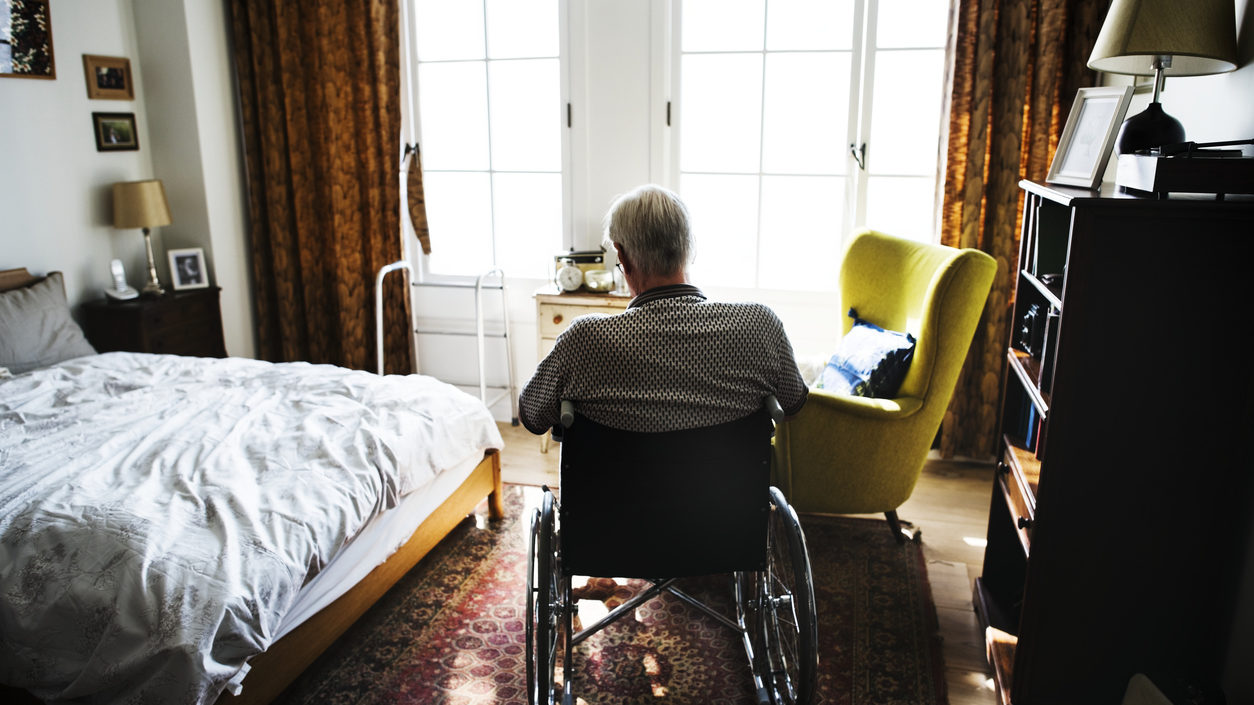Nearly five million people in the workforce care for a loved one, two million more than was recorded in 2011. Figures from the Office for National Statistics showed that people who care for both parents and children are more likely to suffer financially and from mental illness.
Caring duties fall to people aged 45-64 most regularly, which Carers UK says should provide “a strong driver” for employers to support and retain “some of their most skilled and experienced employees”.
When asked what employer support would be most helpful, 89 per cent of working carers said an understanding manager would make all the difference.
Meanwhile 88 per cent said flexible working is important, and 80 per cent said up to 10 days’ paid leave for carers would help them stay in paid work.
Currently only 12 per cent say they are given extra annual leave, and a third said there are no policies in place in their workplace to support carers.
Advertising helps fund Big Issue’s mission to end poverty
Helen Walker, Chief Executive of Carers UK, said there is a growing need for employers to “improve flexibility and, with an ageing population, support people to keep working for longer, contributing to better productivity.”
Walker added: “With 15 per cent of the population now working and caring, there is a real social and economic imperative for UK businesses to adopt carer friendly workplaces.
“Adequate care and support services are also a key condition for many people’s employment so it’s more important than ever that the government’s forthcoming social care proposals deliver the high quality and affordable care services we need now and in the future.”
The report found that only seven per cent of people said unpaid caring had made their paid working life difficult – down from 10 per cent in 2013 – meaning accommodations introduced by employers to support carers in that time had been effective.
There was a 27 per cent decrease in state funding for social care between 2006 and 2016. A funding gap of £18bn is expected to have emerged in the sector by 2030.
Last year, Age UK estimated that a lack of state social care was costing the NHS £500 a minute.
Advertising helps fund Big Issue’s mission to end poverty
The report coincides with the launch of Carers UK-supported Carer Confident, a scheme accrediting UK employers observed as running carer-friendly workplaces.









